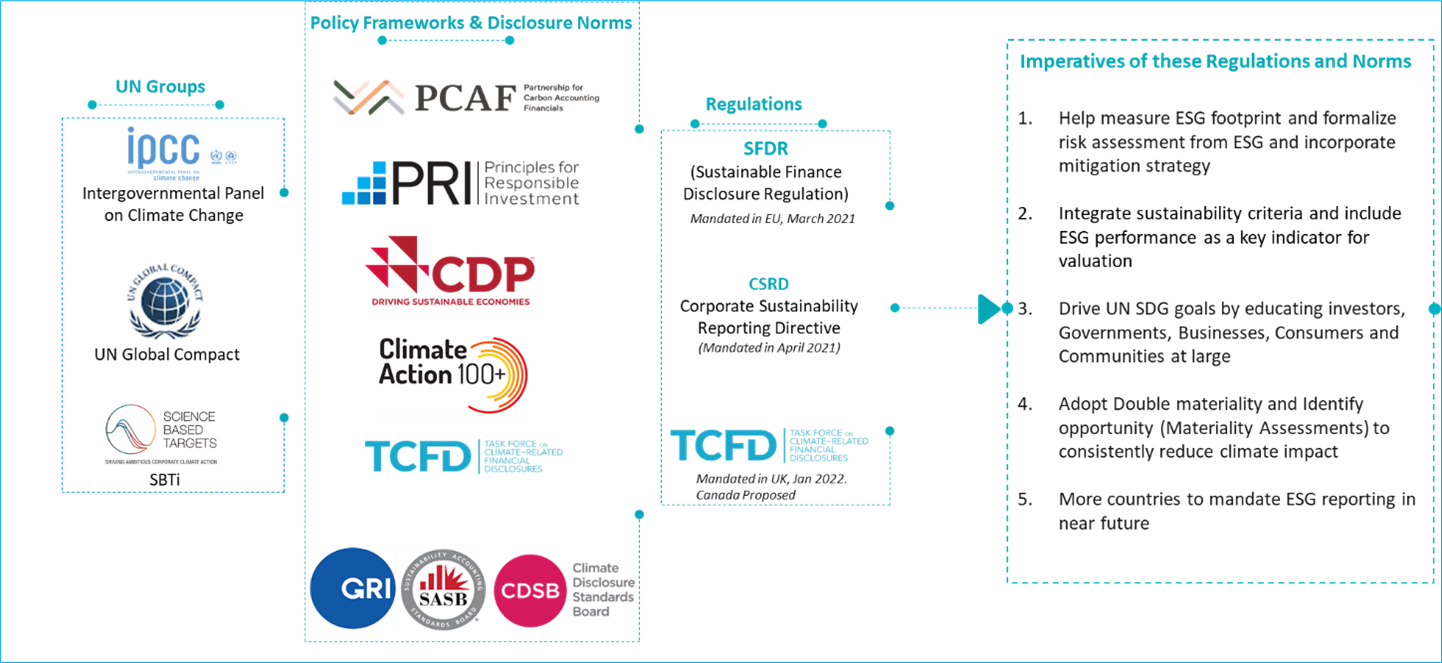The US Treasury Department has unveiled its long-awaited framework for taxing cryptocurrency transactions. The new regime, set to take effect in 2025, establishes clear reporting requirements for crypto brokers but postpones definitive rules for a specific segment of the industry:non-custodial wallet providers.
Under the new guidelines, crypto brokers will be obligated to file 1099 forms with the Internal Revenue Service (IRS), mirroring the existing reporting structure for traditional investment firms. This move aims to streamline tax collection and improve transparency in the cryptocurrency market. However, the regime acknowledges the complexities surrounding Decentralized Finance (DeFi) and non-custodial wallets.
For these entities, the Treasury Department has opted for a wait-and-see approach. While the final rules for non-custodial actors are still under development, the department plans to unveil them later in 2024. This delay reflects the unique challenges associated with regulating DeFi and non-custodial wallets, which often operate outside the control of centralized authorities.
The new regulations offer some clarity on specific aspects of crypto taxation. For instance, the IRS will not require reporting on most routine transactions involving stablecoins, digital assets pegged to traditional currencies like the US dollar. Additionally, the regime sets a $600 annual threshold for NFT (Non-Fungible Token) sales. This implies that NFT profits below this threshold won't necessitate tax reporting.
Furthermore, the regime mandates that crypto brokers begin tracking the cost basis of their customers' crypto holdings from 2026 onwards. Cost basis refers to the original purchase price of an asset, which is crucial for calculating capital gains taxes. This provision ensures that crypto investors are equipped with the necessary information to accurately report their tax liabilities.
The Treasury Department's announcement represents a significant step towards establishing a comprehensive tax framework for the burgeoning cryptocurrency market. The clear reporting requirements for traditional crypto brokers will enhance tax collection and bolster the legitimacy of the industry. However, the unresolved issue of non-custodial actors highlights the regulatory challenges that still lie ahead as the cryptocurrency ecosystem continues to evolve.

